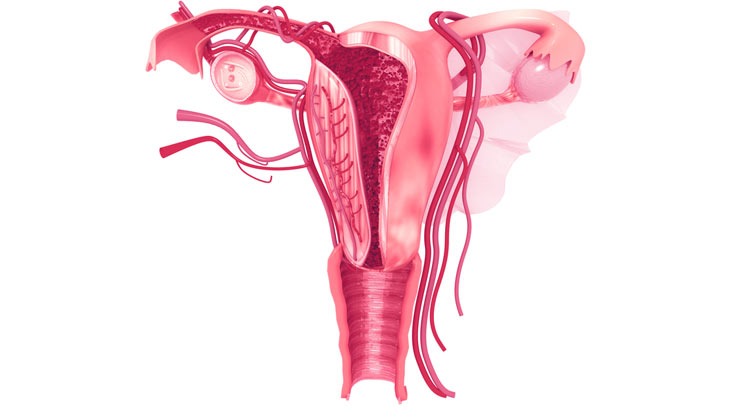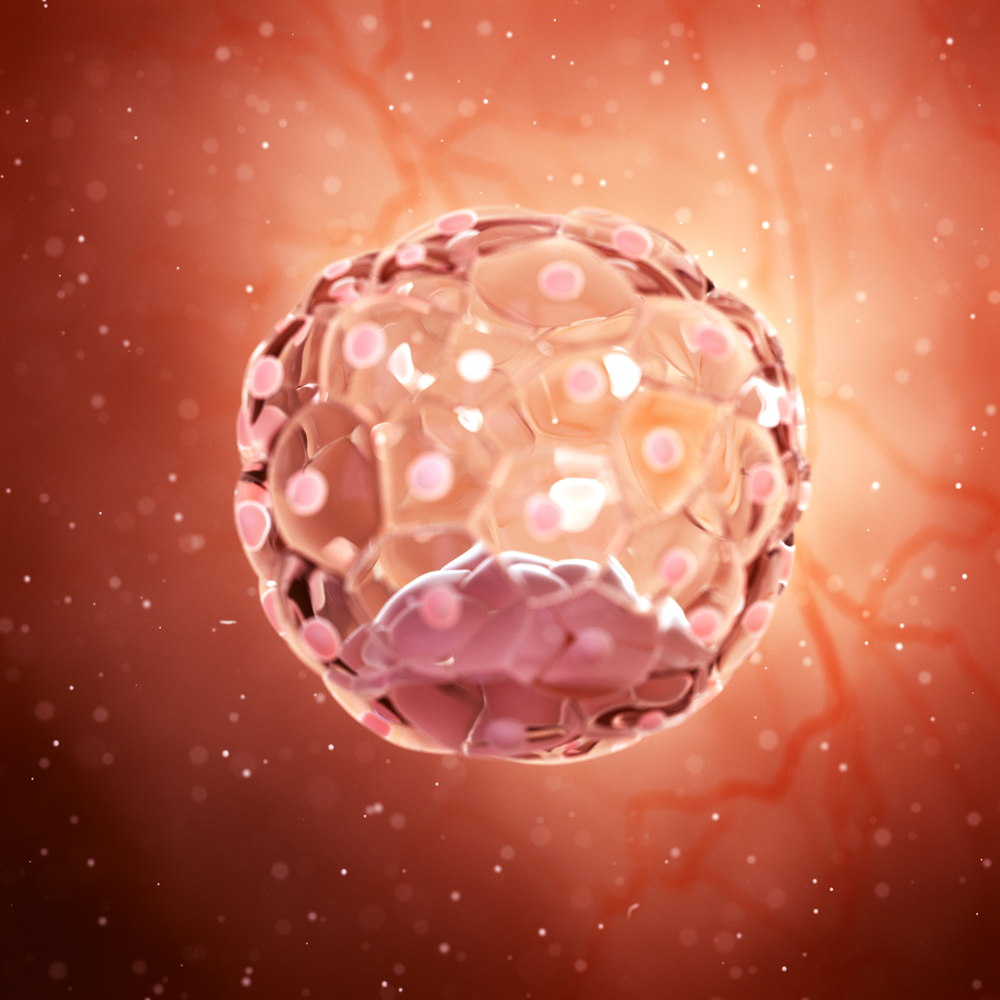Category: Infertility Conditions

In Perspective: History of Previously Unsuccessful IVF Cycles
Many patients come to RMA of New York after unsuccessful IVF cycles at other centers. They might …
September 21, 2020
Read More![Unexplained Infertility: How to Explain it?]()
Unexplained Infertility: How to Explain it?
Infertility is defined as inability to conceive after 12 months of regular unprotected intercourse. …
August 3, 2020
Read More![Diagnosing and Treating Asherman’s Syndrome]()
Diagnosing and Treating Asherman’s Syndrome
Asherman’s syndrome, also referred to as intrauterine synechiae or uterine synechiae, is a …
September 2, 2019
Read More![Understanding Implantation Failure from a Biological Perspective]()
Understanding Implantation Failure from a Biological Perspective
Implantation failure is a commonly cited cause of infertility. Some causes of implantation failure include uterine anomalies, male factor infertility, and embryonic factors, such as chromosomal abnormalities, genetic mutations, or factors associated with energy production and stress response. Pre-implantation genetic testing (PGT) has improved live birth rates and reduced miscarriage rates remarkably, but physicians are still trying to understand why some chromosomally screened embryos fail to implant. Mitochondria, which are the primary energy source of cells, have been suggested to play a role in embryonic competence.
August 19, 2019
Read More![What is the Difference Between Uterine Polyps and Fibroids?]()
What is the Difference Between Uterine Polyps and Fibroids?
Uterine polyps and fibroids are common, with nearly 80% of women experiencing at least one of the …
July 29, 2019
Read More![How Does PCOS Affect Fertility?]()
How Does PCOS Affect Fertility?
Up to 10 percent of reproductive-age women have Polycystic Ovarian Syndrome (PCOS), yet many …
April 29, 2019
Read More![What is Secondary Infertility?]()
What is Secondary Infertility?
Secondary infertility is the inability to conceive or carry a full-term pregnancy after having at …
April 15, 2019
Read More![Understanding Recurrent Implantation Failure]()
Understanding Recurrent Implantation Failure
Over the past three decades, in vitro fertilization (IVF) has helped millions of women worldwide to …
April 1, 2019
Read More![What is Premature Ovarian Failure?]()
What is Premature Ovarian Failure?
What is Premature Ovarian Failure? Premature ovarian failure, also known as primary ovarian …
January 21, 2019
Read More![How Preimplantation Genetic Testing Has Revolutionized the Treatment of Patients with Recurrent Pregnancy Loss]()
How Preimplantation Genetic Testing Has Revolutionized the Treatment of Patients with Recurrent Pregnancy Loss
Of the known causes of recurrent pregnancy loss, chromosomal abnormalities account for the majority of miscarriages. Biopsying an embryo for preimplantation genetic testing has revolutionized the treatment of recurrent pregnancy loss, by improving the embryologist’s ability to choose the healthiest and most chromosomally normal embryo for transfer.
October 8, 2018
Read More









